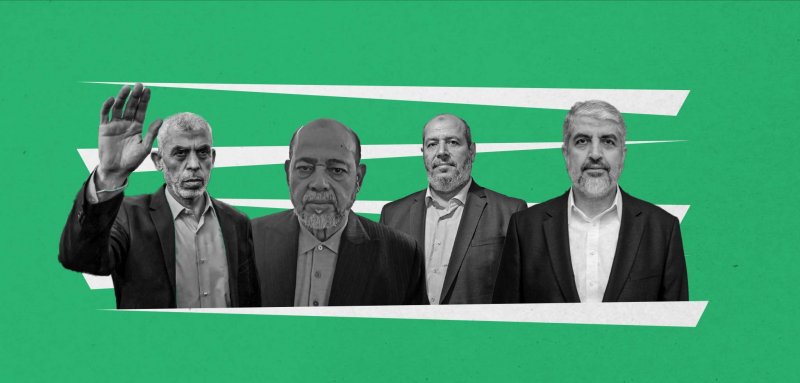Following the assassination of Ismail Haniyeh on July 31 in Tehran, Hamas faces significant challenges in selecting his successor. Hamas’ next leader will bear crucial responsibilities and decisions to make, including negotiating the terms of a ceasefire with Israel and deciding the role of the movement in the aftermath of the war. They will also play a role in the reconstruction of Gaza and the movement’s broader political landscape.
The process of electing the movement's leader is conducted by the Supreme Shura Council, which comprises leaders from various regions. Typically, the leader is chosen based on internal consensus and voting. However, current wartime circumstances complicate this process.
Hamas experienced a similar situation when Khaled Mashal was chosen to succeed Ahmed Yassin following his assassination in 2004. The decision then, like now, was made under difficult conditions and with a consensus among the movement's leaders.
Elections are usually held every four years and are highly secretive to ensure the safety of the process and protect leaders from targeted assassinations. Exceptional circumstances including war can disrupt usual procedures.
Hamas faces significant challenges in selecting his successor. Its next leader will have crucial responsibilities and decisions to make, including negotiating the terms of a ceasefire with Israel and deciding the role of the movement in the aftermath of the war. They will also play a key role in the reconstruction of Gaza and the movement’s broader political landscape.
The last three elections for Hamas’ political leader took place in:
2009: Khaled Mashal was elected as the head of the political bureau after the end of his first term.
2013: Khaled Mashal was re-elected as the head of the political bureau.
2017: Ismail Haniyeh was elected as the head of the political bureau, succeeding Khaled Mashal.
Today, all eyes are on who will succeed Ismail Haniyeh as leader of Hamas' Political Bureau. The question is not only about who Hamas' next leader will be and whether they will work toward war or peace. It is also about how difficult it is to hold elections with leaders scattered across different capitals and under tight security measures, especially since all the candidates' names are at the top of Israel's assassination target list.
The following are the leading candidates:
Khalil al-Hayya, 64
Khalil al-Hayya is the Deputy Head of Hamas's regional political bureau in Gaza and is considered one of the prominent political leaders within the movement. Born in 1960 in the Gaza Strip, he joined Hamas during the First Intifada. He holds a PhD in Sunnah and Hadith Sciences from the University of the Holy Qur'an and Islamic Sciences in Sudan and played a key role in ceasefire negotiations during Operation Protective Edge in 2014.
He enjoys broad support within the movement and is considered a unifying figure who can bridge the various factions within Hamas.
Political analyst Abdel-Majid Sweilem believes that the movement will likely resort to the rule of consultation rather than elections, since it is difficult to have a complete routine procedure given the circumstances of war.
He informed Raseef22, "The process will most probably be done through consultation. One of the leaders will be appointed as the head of the Political Bureau, at least temporarily, until conditions are more favorable. Khalil al-Hayya is most likely to be chosen as he is a significant leadership figure within the movement and is highly respected. He is certainly the most likely candidate for this position."
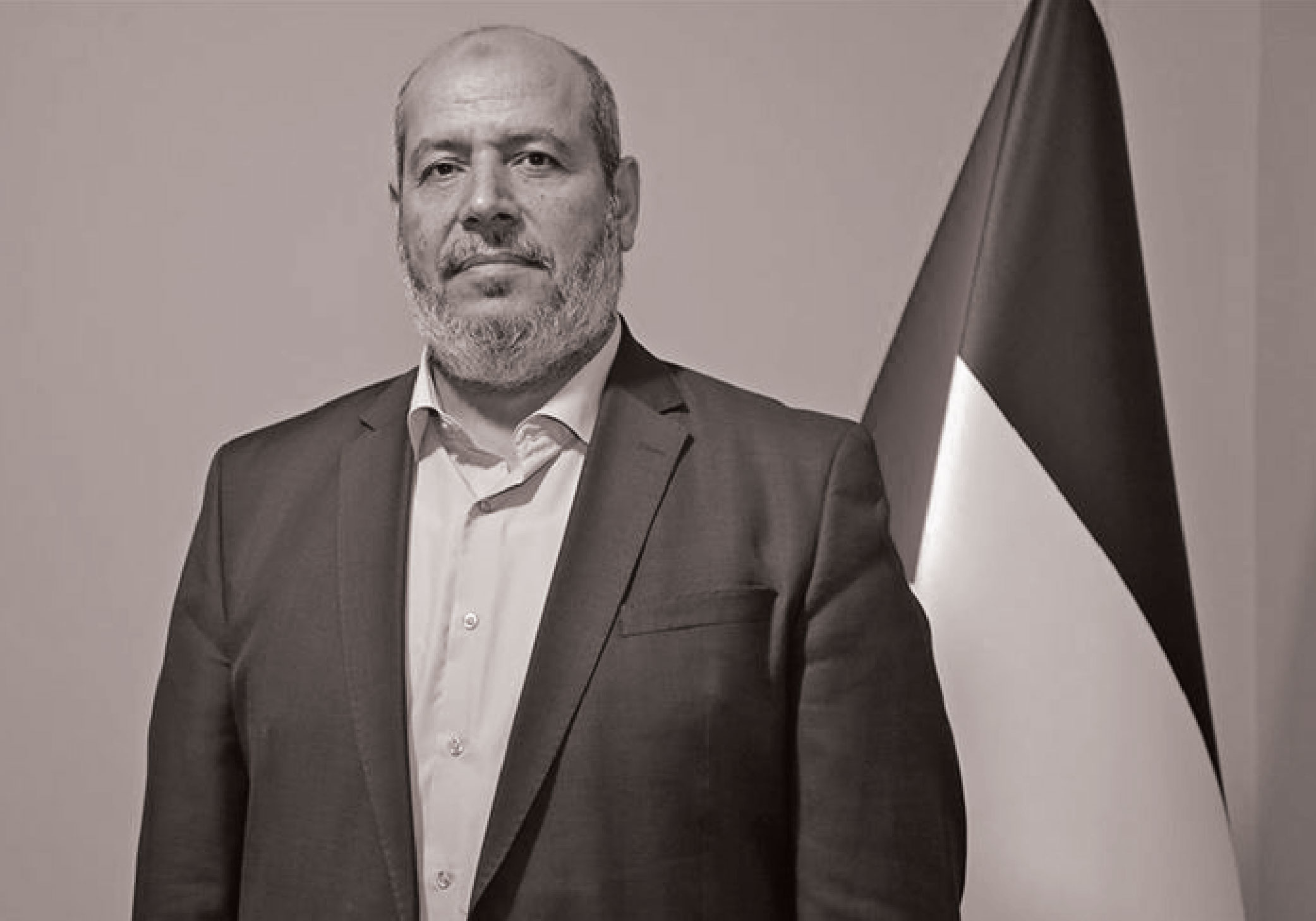 Khalil al-Hayya, 64, is one of the prospective candidates to become the new leader of Hamas' Political Bureau and Ismail Haniyeh’s successor.
Khalil al-Hayya, 64, is one of the prospective candidates to become the new leader of Hamas' Political Bureau and Ismail Haniyeh’s successor.
Khalil al-Hayya, 64, is one of the prospective candidates to become the new leader of Hamas' Political Bureau and Ismail Haniyeh’s successor.
Analysts believe that Khalil al-Hayya, Deputy Head of the Regional Political Bureau, is the frontrunner for the vacant leadership position, followed by Khaled Mashal, who has held this position multiple times in the past.
Yahya Sinwar, 61
Yahya Sinwar has been the head of Hamas's Regional Political Bureau in the Gaza Strip since 2017 and is known as a hardliner and “the hawk of the movement.” Born in Khan Younis, he co-founded Hamas's intelligence apparatus, "Majd." He spent over 20 years in Israeli prisons following his arrest in 1988.
Sinwar has extensive military and organizational experience and led negotiations for the release of Palestinian prisoners in the Gilad Shalit hostage exchange. He is known for his leadership abilities and resilience in the face of challenges. However, he is a contentious figure within and outside the movement due to what is described as his lack of flexibility in political matters.
Recently, numerous news reports have highlighted conflicting views and positions between Haniyeh and Sinwar regarding the terms of negotiations, with a recent report by The Wall Street Journal detailing deepening rifts between the two men.
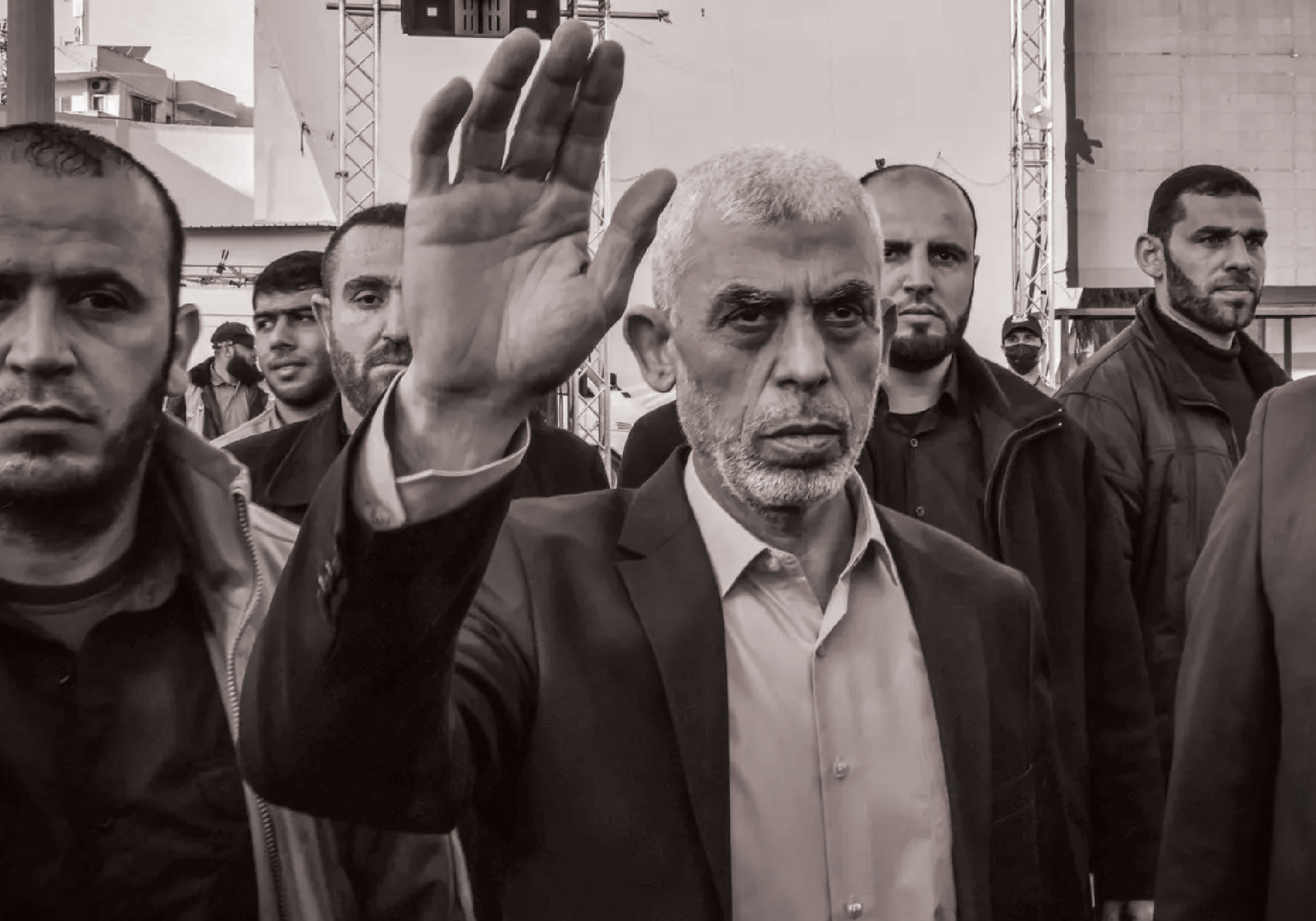 Yahya Sinwar, 61, is one of the prospective candidates to become the new leader of Hamas' Political Bureau and Ismail Haniyeh’s successor.
Yahya Sinwar, 61, is one of the prospective candidates to become the new leader of Hamas' Political Bureau and Ismail Haniyeh’s successor.
Yahya Sinwar, 61, is one of the prospective candidates to become the new leader of Hamas' Political Bureau and Ismail Haniyeh’s successor.
Khaled Mashal, 68
As someone who led Hamas from 1996 to 2017, Khaled Mashal is considered one of the most prominent and experienced figures within the movement. Mashal was born in the West Bank and moved to Kuwait, then to Syria and Qatar. He played a significant role in transforming Hamas into an international political force and survived an Israeli assassination attempt in 1997.
Mashal has extensive political experience and strong international relations, making him a potential candidate to lead the movement under current circumstances.
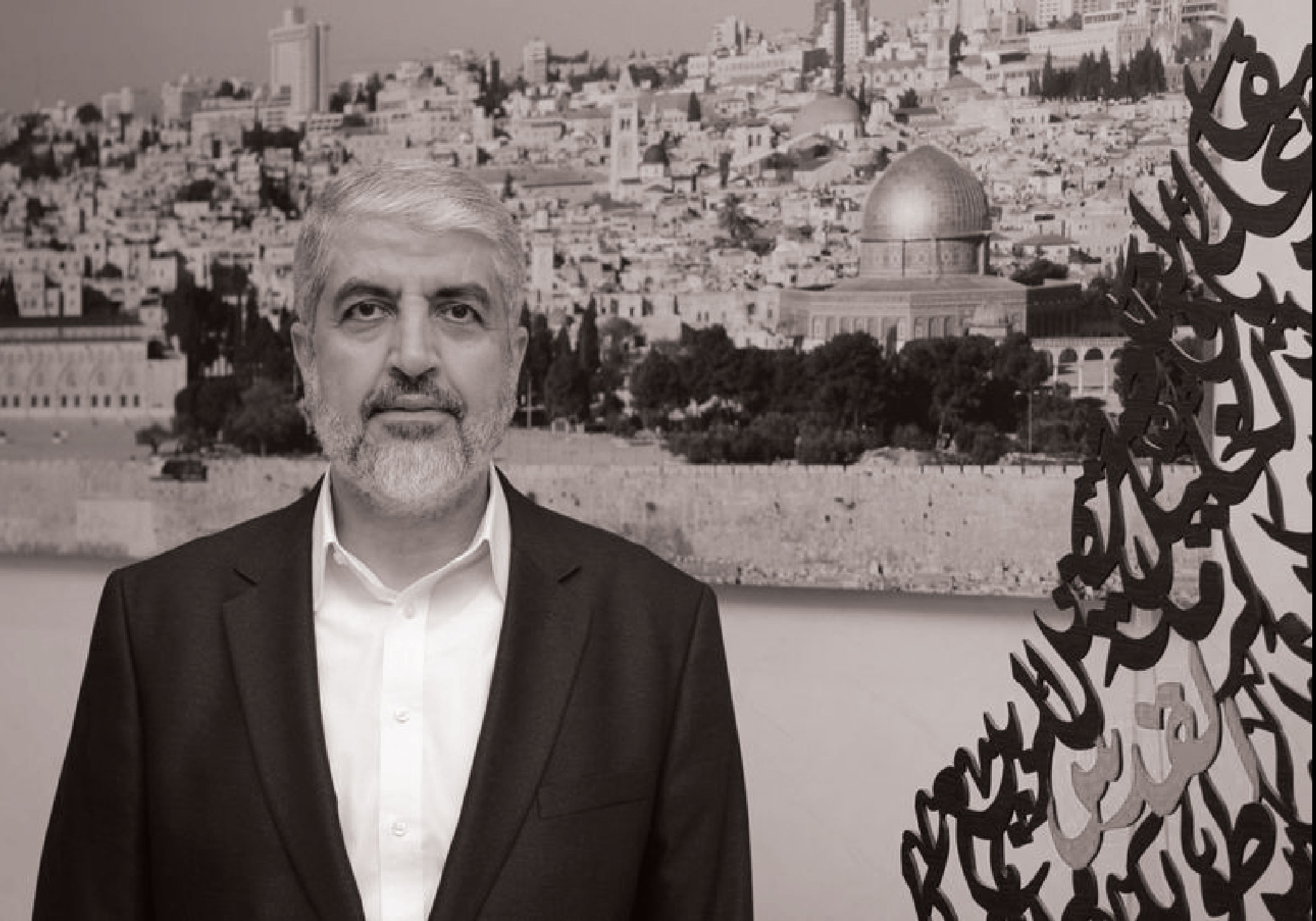 Khaled Mashal, 68, is one of the prospective candidates to become the new leader of Hamas' Political Bureau and Ismail Haniyeh’s successor
Khaled Mashal, 68, is one of the prospective candidates to become the new leader of Hamas' Political Bureau and Ismail Haniyeh’s successor
Khaled Mashal, 68, is one of the prospective candidates to become the new leader of Hamas' Political Bureau and Ismail Haniyeh’s successor
Mousa Abu Marzook, 73
A founding member of Hamas and a member of its Political Bureau, Mousa Abu Marzook has a long history of political and organizational work. Born in 1951 in Rafah, he holds a PhD in engineering from the United States.
Due to the genocidal war on Gaza, conducting elections within Hamas may be impossible. Therefore, politicians suggest that the matter be resolved through appointment or consultation within the close circle of leaders located abroad.
He chaired the Political Bureau in the 1990s and played a significant role in negotiations with other Palestinian factions. Abu Marzook is known for his deep experience and negotiation skills, making him a strong candidate to lead the movement in the next phase. However, he does not form a strong and clear faction like al-Hayya and Mashal.
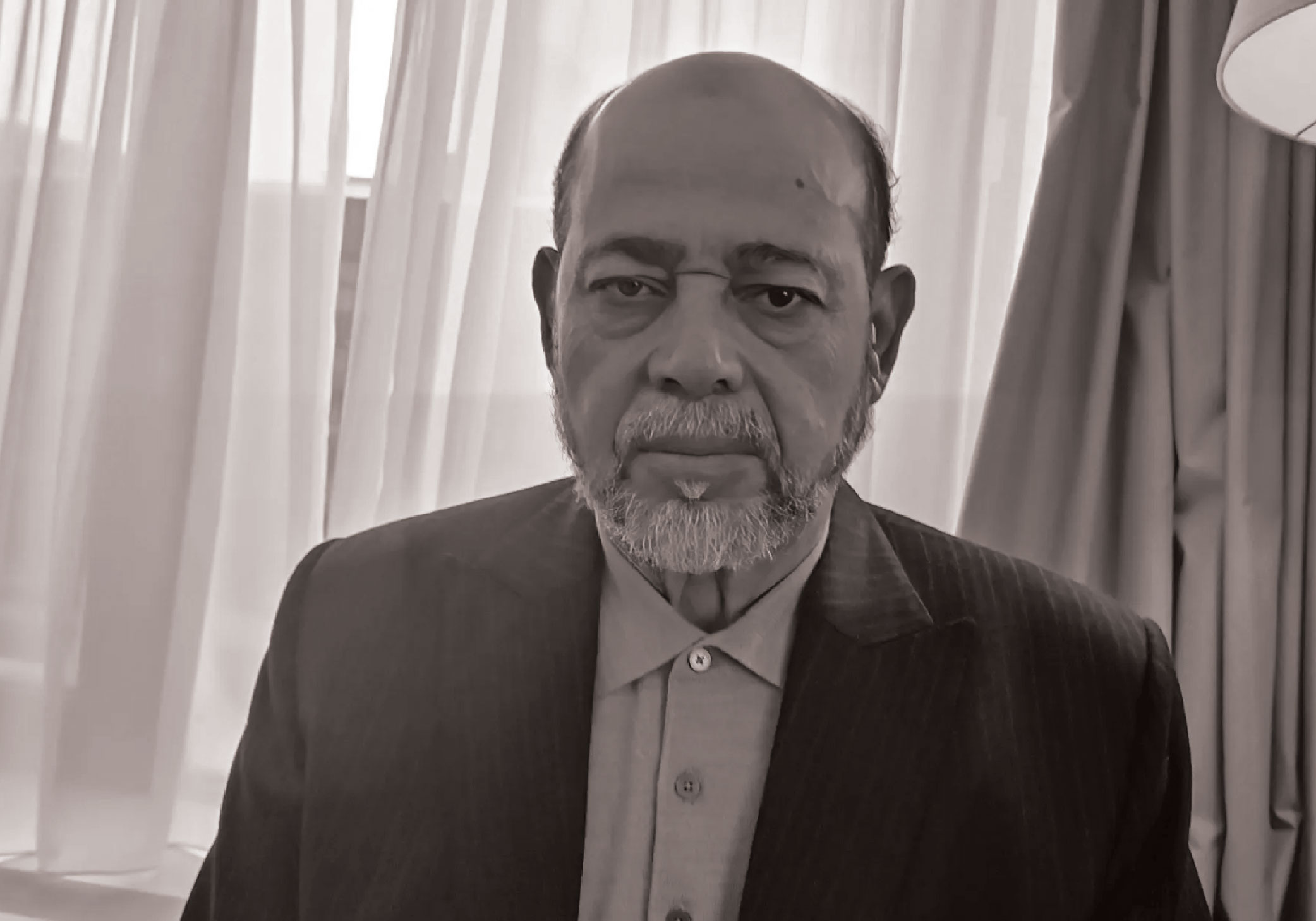 Mousa Abu Marzook, 73, is one of the prospective candidates to become the new leader of Hamas' Political Bureau and Ismail Haniyeh’s successor.
Mousa Abu Marzook, 73, is one of the prospective candidates to become the new leader of Hamas' Political Bureau and Ismail Haniyeh’s successor.
Mousa Abu Marzook, 73, is one of the prospective candidates to become the new leader of Hamas' Political Bureau and Ismail Haniyeh’s successor.
Challenges hindering the election process
1. The security situation
The ongoing conflict and genocidal war on Gaza make it difficult to hold safe meetings for the movement's leaders. Any gathering of Hamas leaders could be a major target for Israeli military strikes, increasing the risks of conspiracies and security surveillance.
2. Internal divisions
Hamas suffers from divisions between its military and political wings, as well as between its internal and external leadership. These divisions affect the ability to agree on a single candidate to lead the movement, weakening internal unity and complicating the election process.
3. International pressure
The Hamas movement is under international pressure from multiple countries demanding changes in its policies and orientations. These pressures make it difficult to hold free and fair elections without external interventions affecting their outcomes.
Hamas suffers from divisions between its military and political wings, as well as between its internal and external leadership. These divisions affect the ability to agree on a single candidate to lead the movement, weakening internal unity and complicating the election process.
4. Israeli arrests
Many Hamas leaders have been detained or are being actively pursued by Israel. These arrests weaken the movement's leadership structure and make it difficult to gather members for comprehensive internal elections.
5. External election interference
Some countries seek to influence the elections in favor of specific candidates. These interventions may include financial, logistical, or even military support, strengthening one candidate over another.
6. Internal communication
The difficulty in communicating between members spread across different regions and countries due to security restrictions complicates the election process. The lack—or even absence—of communication infrastructure, including technological resources, makes effective coordination among members challenging.
Raseef22 is a not for profit entity. Our focus is on quality journalism. Every contribution to the NasRaseef membership goes directly towards journalism production. We stand independent, not accepting corporate sponsorships, sponsored content or political funding.
Support our mission to keep Raseef22 available to all readers by clicking here!
Interested in writing with us? Check our pitch process here!
